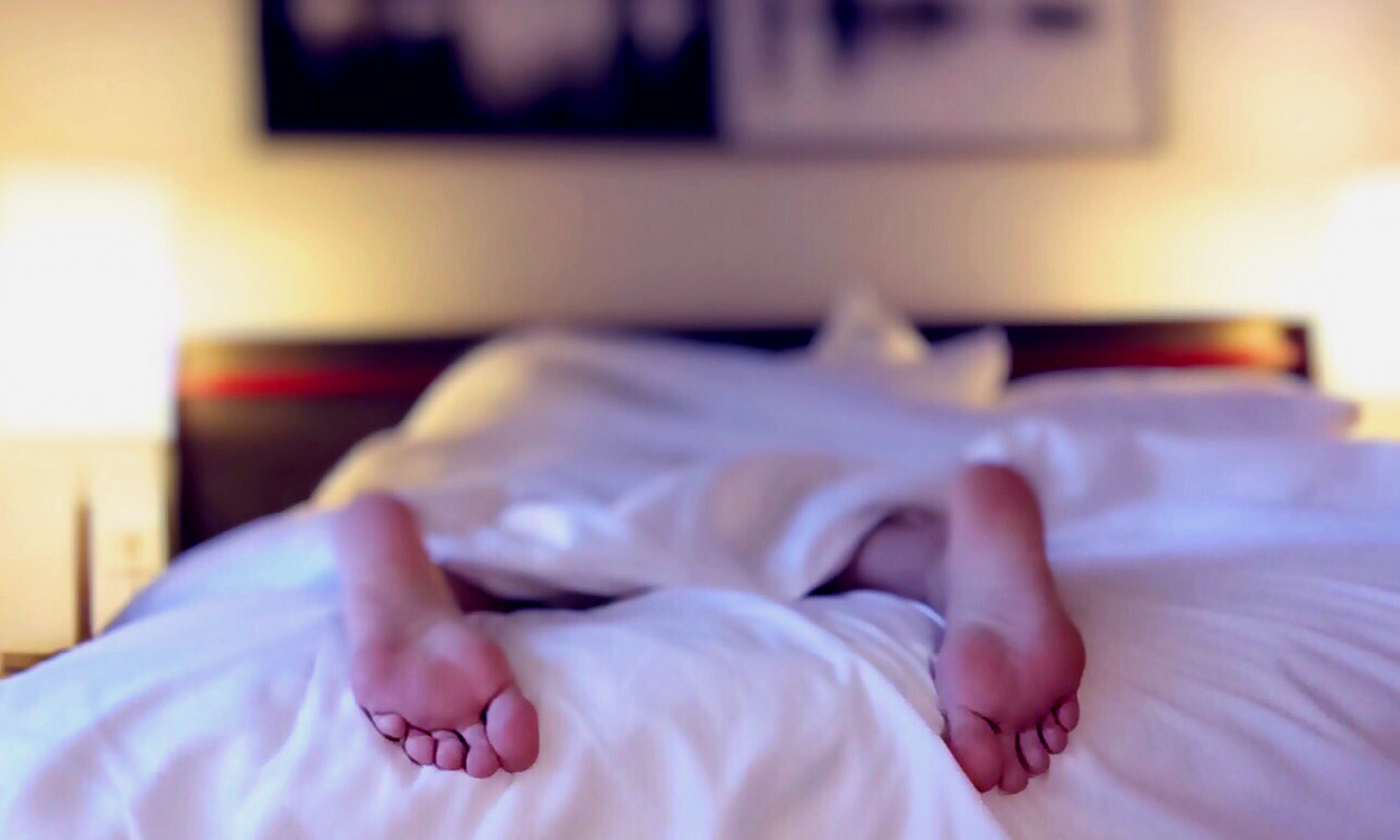

Sleep is the most undervalued aspect of health. Sleep is more important to your health than food, yet it gets addressed probably half as much. Sleep is a time for your body to repair tissues, remove toxins from the brain, consolidate memories, regulate hormones, and much more. Unfortunately, people don't respect the importance of sleep until they start missing it.
When you miss sleep, your health and well-being suffer noticeably. You feel sluggish, you can't focus, and you can't perform. Chronic sleep deficiency affects every aspect of your life, relationships, work, school, and emotional health. An estimated 60 million Americans suffer from chronic sleep disorders. Because a lack of sleep increases systemic inflammation, sleep deficiency is a major risk factor for type 2 diabetes, cardiovascular disease, obesity, and depression.
Here are my best tips for getting more Zs.
See the Sunrise
The most effective step you can take to improve sleep quality is getting at least 15 minutes of sunlight exposure in the morning. The earlier, the better. This is because your sleep cycle is governed by your circadian rhythm, which uses light to tell time. By getting some sun in the morning, you're starting an internal countdown to bedtime which should leave you feeling very sleepy 14-16 hours later.
No Caffeine After 2PM
Caffeine is a stimulant that can be a huge sleep disruptor when consumed in the evening. Caffeine is found in coffee, tea, chocolate, cacao, and most soft drinks. The half-life (which is the time it takes for one half of a substance to be cleared from the body) of caffeine is six hours. This means that if you were to stop drinking caffeinated beverages at 2 pm, by 8 pm, you would still have half the dose in your body.
Keep caffeine to a minimum throughout the evening. If you need a slight boost, drink green tea which has a modest amount of caffeine balanced with L-theanine, a calming amino acid.
Workout – Not Near Bedtime
Regular exercise, especially aerobic exercise, has been shown to help people fall asleep faster and experience deeper, more restful sleep. It's also been shown that exercisers have a lower occurrence of sleep disorders. Sleep experts recommend exercising 3 or more hours before bed. Your body temperature rises during exercise and takes several hours to drop to normal. This drop in temperature allows for faster sleep onset.
Journaling for Stress Relief
If stress keeps you awake at night, you may find incredible benefits from journaling before bed. Journaling helps the brain to process recent information and events with clarity. This practice increases self-awareness and can help you see events from an objective viewpoint. Adding the element of gratitude to your journaling practice will enhance the feelings of positivity and contentment. Cultivating gratitude makes it much harder to dwell on your worries and leads to a faster sleep onset.
Allow 10-20 minutes before bed to write and reflect. Brain dump anything stressful that you need to get out of your head and then write down 3 things you're grateful for.
Take a Warm Bath – To Get Cold
Taking a warm (not hot) bath or shower about an hour before bed helps improve sleep in a couple of ways. The human body reacts to cold temperatures by speeding up metabolism (to create heat) and increasing alertness. The opposite happens when exposed to heat. The body slows metabolic activity to keep us cool, so we feel lethargic and slow to conserve energy. The heat also relaxes muscles and slows your heart rate making you feel very relaxed.
Eat Your Carbs at Dinner
This is a dietary strategy called carb-backloading. Eating most of your daily carbs for dinner has been shown in studies to decrease the time of sleep onset. The large insulin spike will make you feel sleepy and blunt stress hormones such as cortisol. This meal needs to be at least 3 hours before bedtime or else it may keep you awake longer.
Make it Dark
Our circadian rhythm is entrained by light signals. When we're exposed to bright lights, especially blue-spectrum lights, our brain is getting the signal that it's morning and we need stress hormones to wake up! On the other hand, in a dark or red-light environment, our brain thinks it's sunset, which is time to get sleepy. Electronic screens, televisions, CFL and LED lights are all blue-spectrum lights that stop your brain from producing melatonin, a sleep and relaxation hormone. Ditch the screens 2 hours before bed so you can get a good night's sleep.
Stick to a Schedule
Your body loves a consistent sleep schedule. Constantly changing up your sleep and wake times confuses your circadian clock. When you stick to a schedule and develop a strong rhythm, your body learns to get sleepy at the right time and wake at the right time. Find a schedule that works for a regular bed time as well as a regular wake time to enhance your sleep game. Aim for 7-8 hours of sleep per night, and 9 if you're very active!
FACEBOOK COMMENTS WILL BE SHOWN ONLY WHEN YOUR SITE IS ONLINE